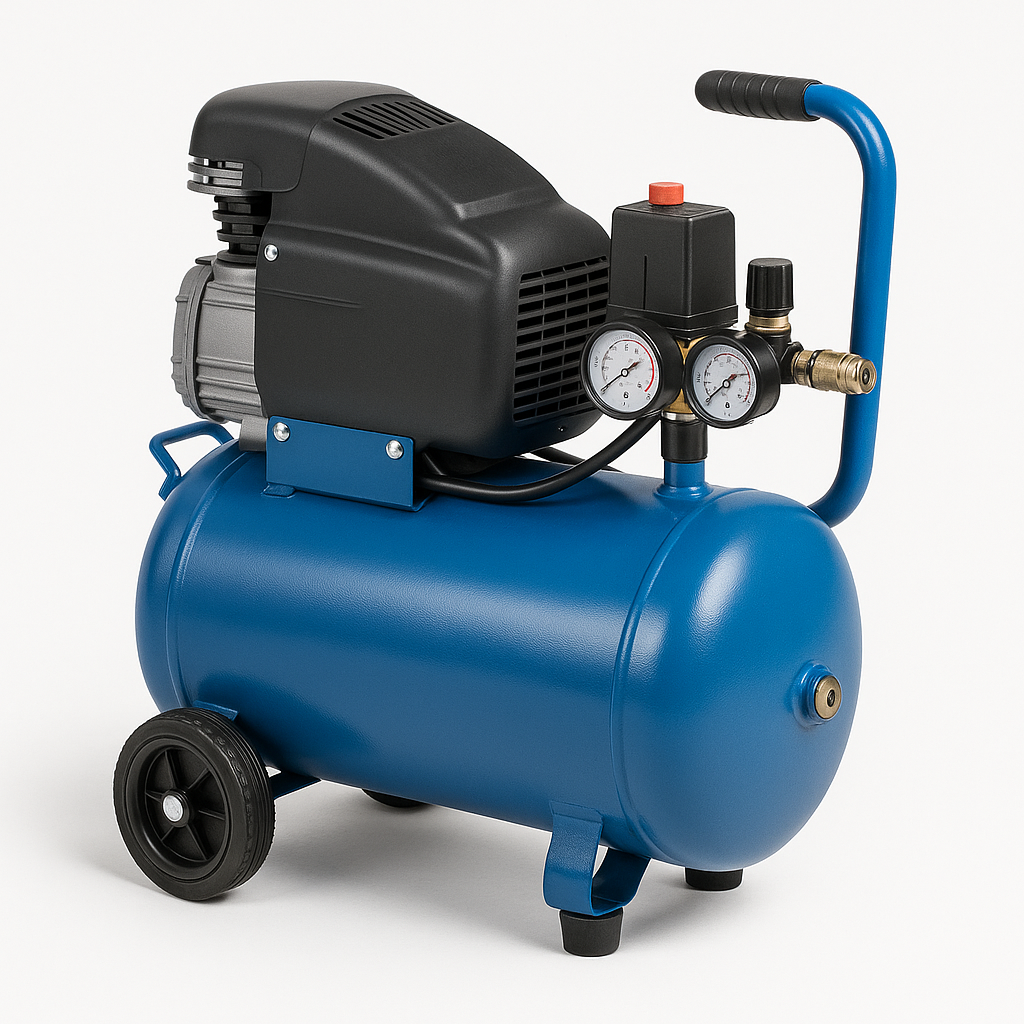Why Adding Oil-Free Compressor Price Comparison To Your Life Will Make All The The Difference

Oil-Free Compressor Price Comparison: Finding the Best Options for Your Needs
In the world of air compressors, oil-free models have gained appeal due to their ease of maintenance and cleaner operation. They're particularly favored in industries where oil contamination could position significant dangers, such as food processing, pharmaceuticals, and healthcare. However, with a variety of options available on the market, understanding the price varieties and features can be overwhelming. This post explores a comprehensive comparison of oil-free compressors, assisting consumers make notified choices based upon their needs and spending plan.
What is an Oil-Free Compressor?
An oil-free compressor operates without the requirement for lubricating oil, utilizing alternative innovation such as diaphragm or scroll systems. This function not just lessens upkeep but also removes the risk of oil contamination in your compressed air supply. Subsequently, oil-free compressors are ideal for applications where air quality is essential.
Key Features to Consider
When choosing an oil-free compressor, numerous essential functions ought to be taken into account:
- Tank Size: The size of the air tank affects the quantity of compressed air available and the compressor's ability to sustain output before needing to recharge.
- PSI Rating: The pounds per square inch (PSI) score identifies the pressure level your compressor can reach. Greater PSI ratings permit a broader variety of applications.
- CFM Rating: Cubic feet per minute (CFM) determines the air flow rate, which assists assess whether the compressor can satisfy the air demand of your tools.
- Weight and Portability: Some designs are created for stationary usage, while others are portable, which is vital if mobility is a requirement.
- Sound Level: Noise can be a significant consider workshops or home environments, so searching for a quieter design can enhance convenience throughout operation.
- Price: Of course, spending plan factors to consider are critical, so comprehending the price varieties for different models is essential.
Price Comparison of Popular Oil-Free Compressors
Below is a price comparison table for some of the leading oil-free compressors readily available in the market. All prices are approximated and might vary based upon the seller and current market conditions.
| Brand name & & Model Tank Size | ( Gallons) | Max PSI | CFM | Price Range (₤) | Portability | Noise Level (dB) |
|---|---|---|---|---|---|---|
| Campbell Hausfeld DC080500 | 8 | 125 | 2.4 | 150 - 250 | Portable | 68 |
| California Air Tools 8010SPC | 8 | 120 | 2.20 | 380 - 450 | Portable | 60 |
| DEWALT DWFP55126 | 6 | 165 | 2.6 | 120 - 200 | Portable | 75 |
| Makita MAC2400 | 4.2 | 130 | 4.2 | 300 - 400 | Portable | 79 |
| Bostitch BTFP02012 | 6 | 90 | 2.6 | 130 - 180 | Portable | 78 |
| ProAir 3HP Oil-Free Model | 10 | 150 | 5.0 | 600 - 800 | Stationary | 68 |
Notes on the Table:
- Tank Size & & PSI: Larger tanks and higher PSI rankings generally suggest more powerful compressors for comprehensive air requirements.
- Price Variability: Prices can fluctuate based on sales, promotions, and individual sellers; thus, it's advisable to shop around.
- Noise Level: Lower dB rankings show quieter operation, which is crucial for usage in hectic environments.
Suggestions Based on Usage
Selecting the right oil-free compressor mostly depends upon your requirements. Here are some suggestions based on normal applications:
For Home Renovation and DIY Projects:
- Recommended Model: DEWALT DWFP55126
- Why: Offers good CFM and PSI at an affordable price, making it appropriate for a series of tools such as nailers and sprayers.
For Light to Medium Professional Use:
- Recommended Model: California Air Tools 8010SPC
- Why: Low sound level and adaptability make it ideal for workshops and light industrial settings where noise reduction is valued.
For Heavy-Duty Applications:
- Recommended Model: ProAir 3HP Oil-Free Model
- Why: High PSI and CFM scores allow for fast air delivery for different tools, appropriate for requiring applications.
FAQ
Q1: Are oil-free compressors worth the investment compared to traditional compressors?
A1: Yes, oil-free compressors are usually lower in maintenance costs and remove the risk of oil contamination, making them suitable for many applications regardless of potentially greater upfront costs.
Q2: How frequently should I service an oil-free compressor?
A2: Generally, oil-free compressors need less frequent servicing than their oil-lubricated equivalents. However, regular checks for issues such as leakages or minimized efficiency are a good idea.
Q3: Can I utilize an oil-free compressor for painting?
A3: Yes, oil-free compressors can be utilized for painting jobs given that they provide clean and dry air, avoiding oil contamination in the paint.
Q4: What is the sound level I should look for in an oil-free compressor?
A4: A model with a sound level lower than 70 dB is generally thought about acceptable for domestic and light business usage, though quieter models exist for more delicate environments.
Q5: How long do oil-free compressors last?
A5: With suitable maintenance, oil-free compressors can last anywhere from 5 to 15 years, depending on use frequency and operating conditions.
Selecting the best oil-free compressor can significantly boost performance while supplying assurance in terms of devices upkeep and air pureness. With a range of models readily available in different price ranges, customers can pick a compressor that not just fulfills their functional requirements but also lines up with their monetary factors to consider. Whether for myntek.de or DIY projects, understanding the functions and costs of numerous models is essential in making an informed purchase.

